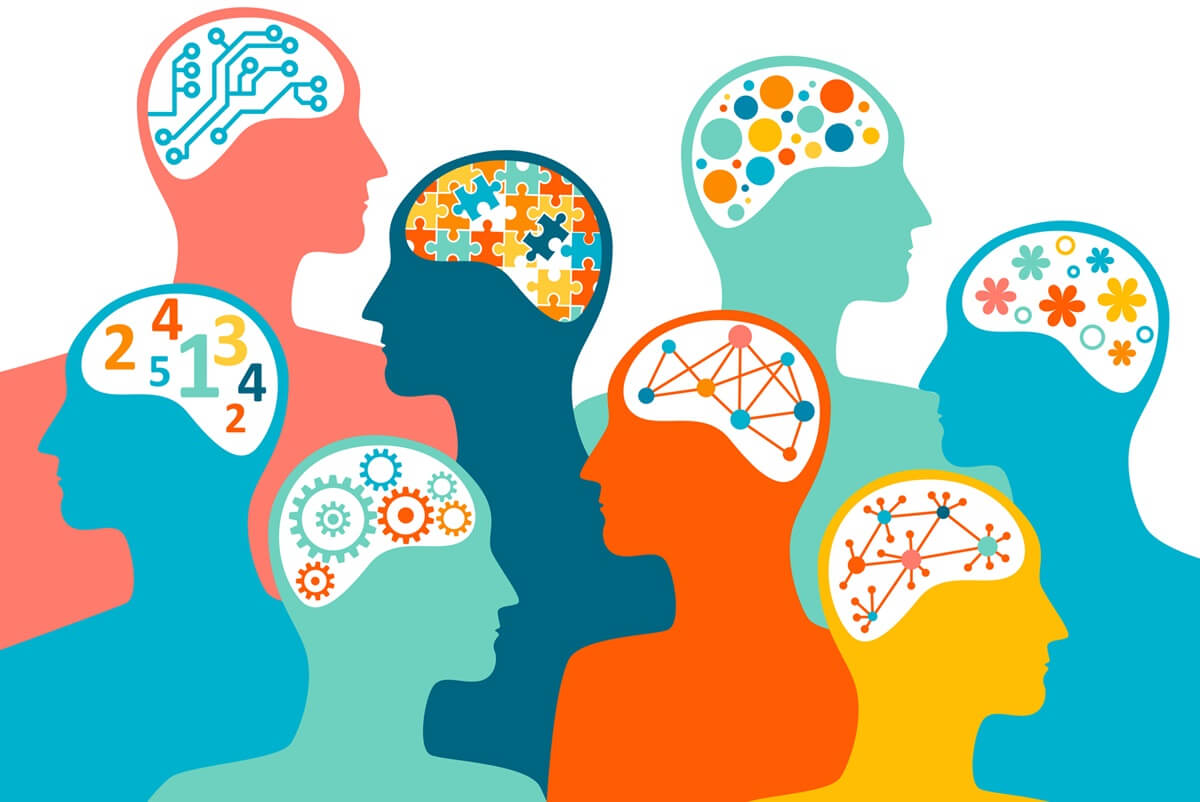We reap the benefits of gratitude most when we practice it regularly throughout the year, rather than save our graces for those seasonal holidays or days of remembrance. telltale holiday season. Gratitude is a practice of appreciating. It is good for us and those around us: There appears to be evolutionary social function for expression of gratitude. Being the giver or receiver of good deeds, a helping hand, or a shoulder to cry on are social exchanges that promote caring and survival.
Social scientists are exploring the many benefits for being thankful and grateful. Reflecting on what went well has been shown to improve health, increase happiness, and boost connections to others among people of all ages. For example, researchers who randomly divided adults into three groups— instructed to focus on life’s hassles, count their blessings, or think about neutral life events or social comparison—found that maintaining a “grateful outlook” led to some emotional, physical or interpersonal benefits. Another study found that elementary school students who were taught to think gratefully not only felt more grateful but also expressed it to others more than children in the control group. Students in the intervention group wrote 80% more thank you cards to their parent-teacher association. Other research has shown that youth who count their blessings have more satisfaction with their school experience. Practicing gratitude can propel an upward spiral of positive emotional and social outcomes that ripple out.
Of course, it is not too hard to rattle off a list of what we are grateful for when things are going well—but what about when we are in the midst of frustration, going through a challenging time, or struggling in some way?
Here are some (unexpected) places to practice gratitude:
Waiting in Traffic
Congested roads, airports, train stations—coupled with the holiday rush—are prime spots for frustration, anger, and less-than-our-best behavior. Next time you find yourself sitting in bumper-to-bumper, inching your way down an airplane aisle, or boarding a packed train, rather than letting the negative thoughts flood in, try pausing for a second and considering one thing you are grateful for—despite whatever momentary inconvenience you may be facing. Maybe you’re thankful you have loved ones to visit or time off from work. Or maybe consider that the people in the cars, planes, or trains next to you are also visiting family and friends. Give thanks for our common humanity, that we are all going through the ups and downs of life together.
Going to Work, Doing Chores, or Working Out
There’s no question that we live in a hectic time and can feel hijacked by “to-do” lists. While acknowledging your full range of emotions—including the negative ones—is important, it is also important not to dwell there. Mindful reframing can help us find one good aspect of the situation, consider the silver lining, or reflect on what went well—even in difficult times. Try putting a new spin on your day by turning the daily hassles into daily blessings. Being mindful, or fully present in the moment without judging it as negative, can bring a different quality to the experience. Try asking yourself ”How can I bring appreciation to this moment?” For example, you might reframe your perception of going to work from “I wish I did not have to work all day” to “I’m thankful I can support myself.” You might shift the way you think about doing chores or running errands from “I’m annoyed I have to do this” to “I’m grateful I have the means to get things done.” Consider rethinking exercise from “I have to work out” to “I’m grateful I have the chance to move and strengthen my body.”
Experiencing a Setback or Tragedy
Dr. Lissa Rankin suggests practicing what she calls “radical gratitude” for both blessings and challenging times. It may seem like a paradox, but according to Rankin, “We can both feel the deep pain of grief, loss, and tragedy, and we can be grateful for the ways in which such experiences crack us open, shatter the illusions of the ego, and wake us up to the truth of being, so that we are finally able to see and feel the experience that we are all One…” During times of distress, consider asking yourself what lessons you are thankful for or what strength or personal growth the experience mustered in you. Most likely you may realize that while your circumstance may be unique, the hard feelings are shared by all. Over time, you may derive an profound understanding of the resilience in the human spirit.
As the seasons of giving and receiving come and go, consider how you might finding appreciation every day by subtly shifting your lens on life and seeing what upward spirals of good will are ignited. You may be pleasantly surprised by what comes into view.
This article is republished from the Bodimojo website with their permission.










